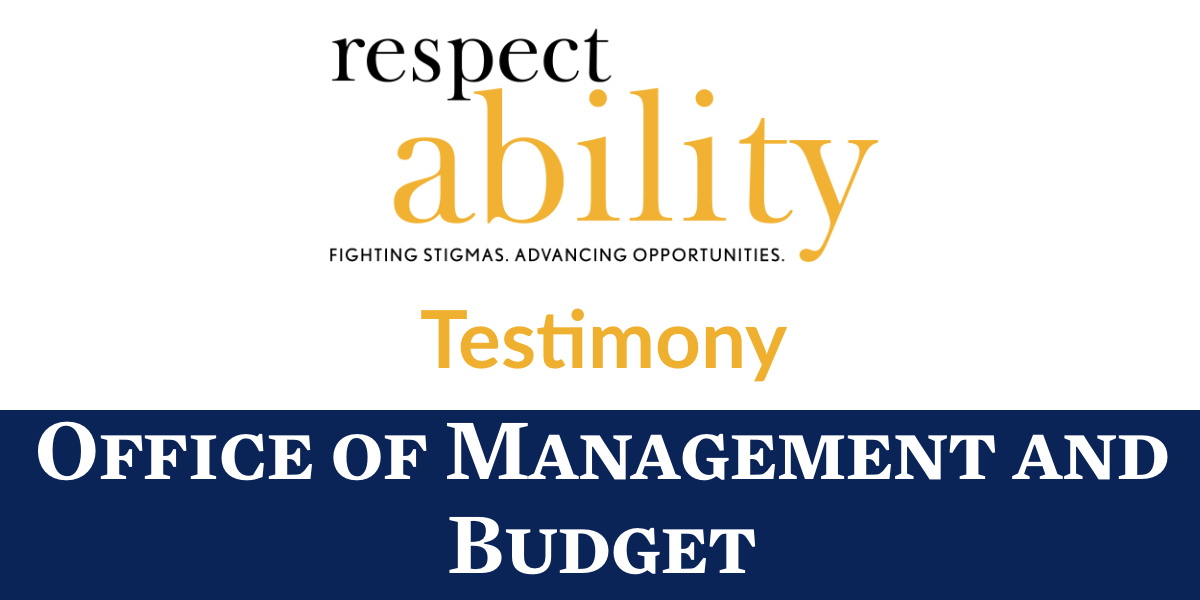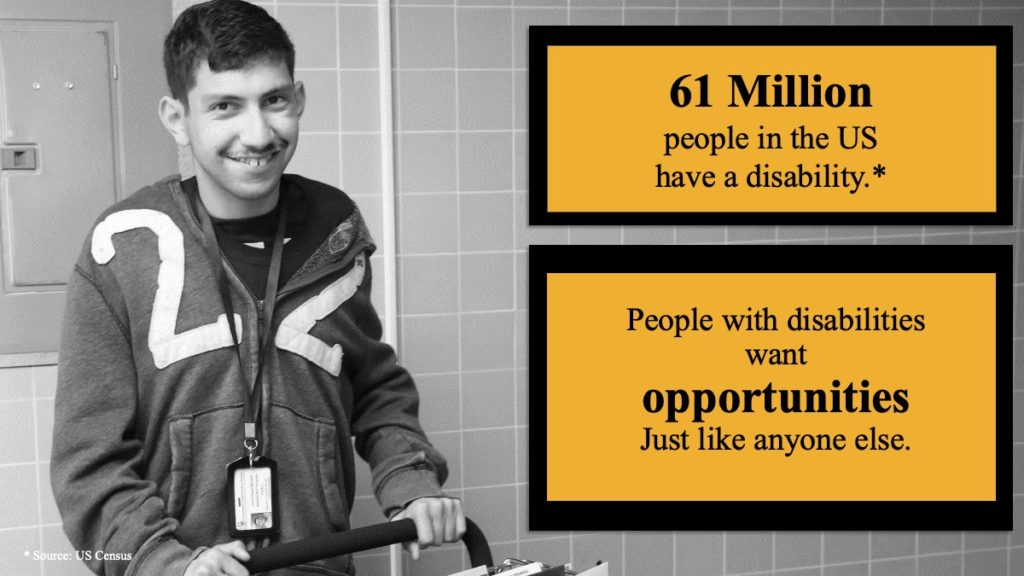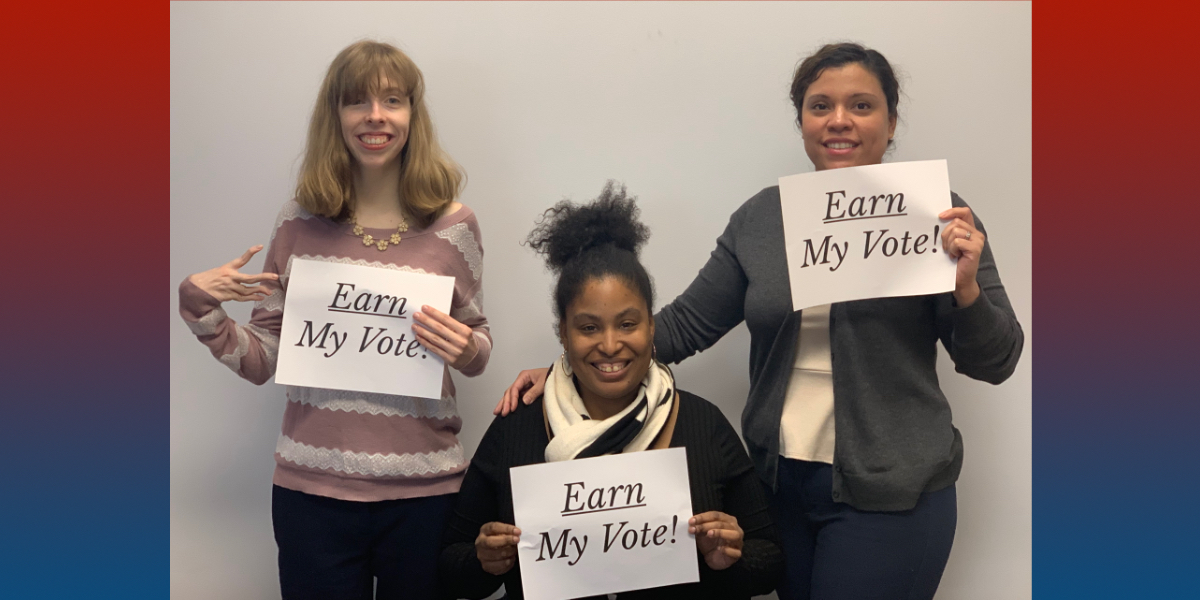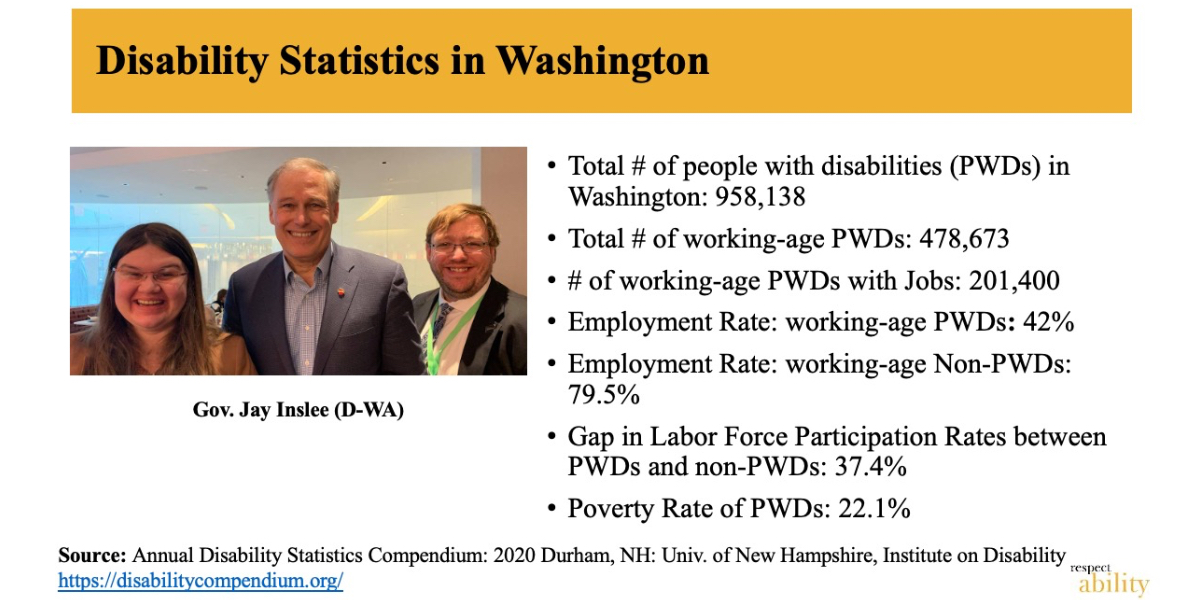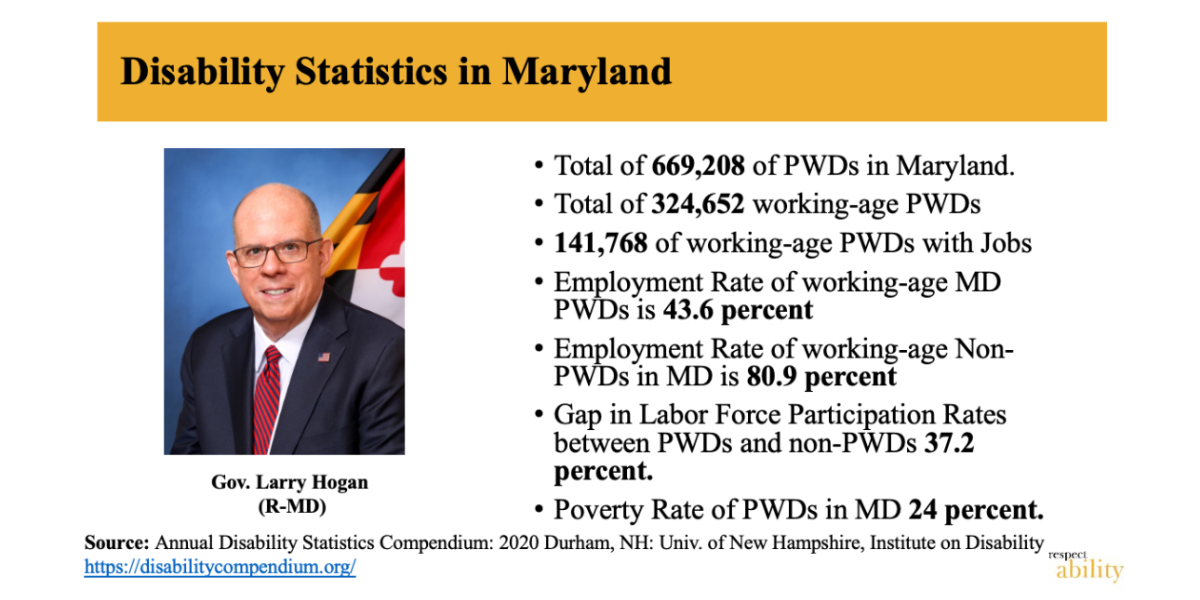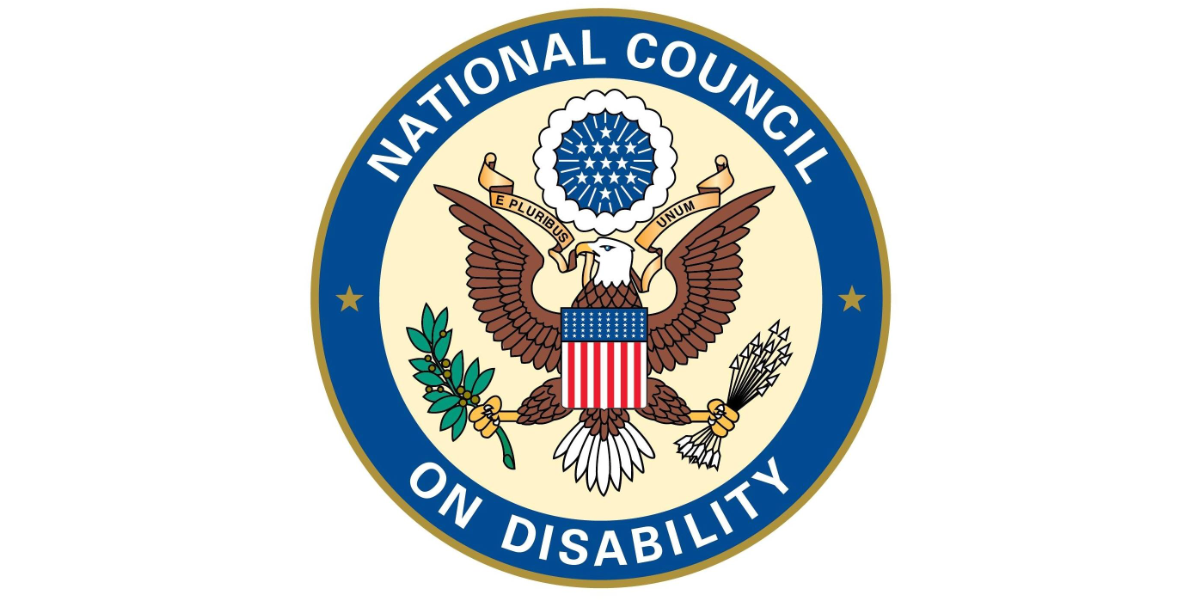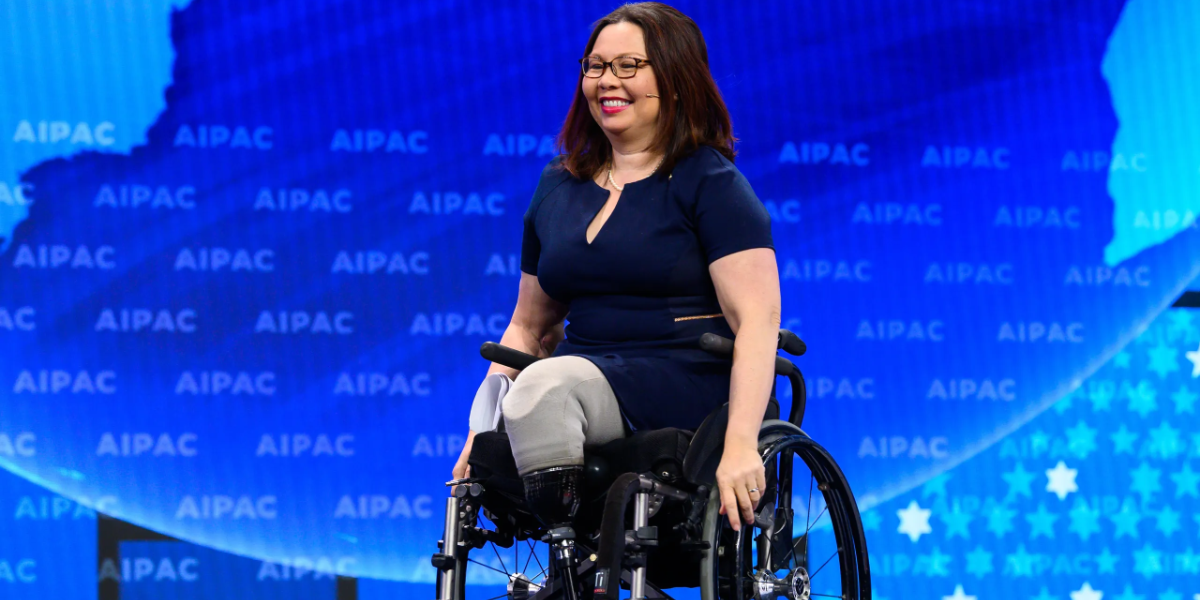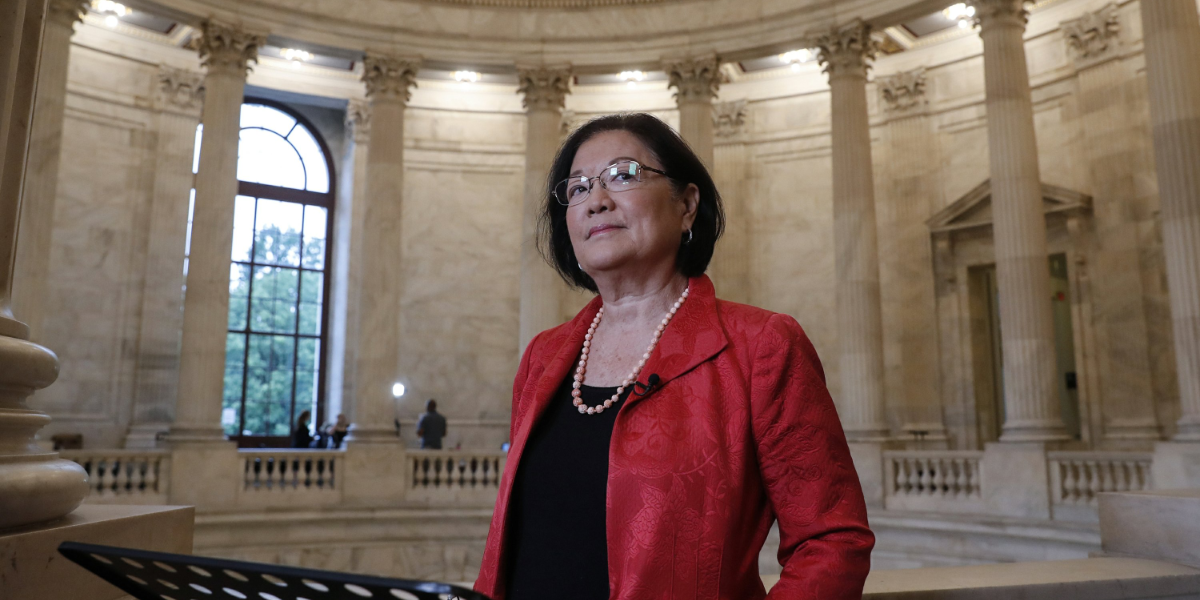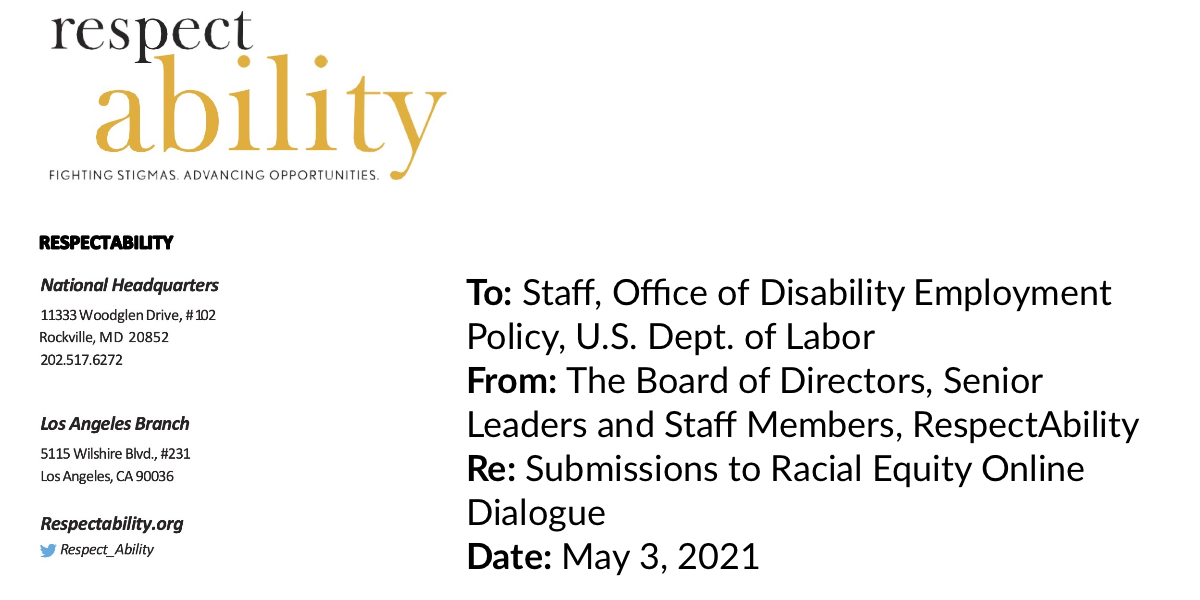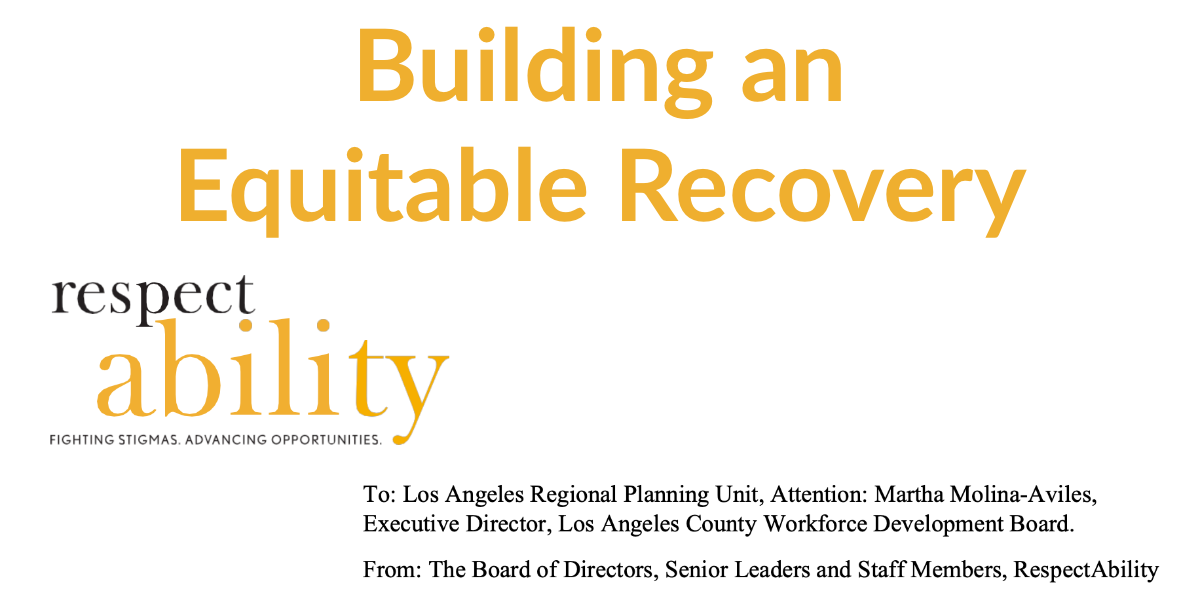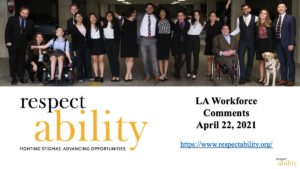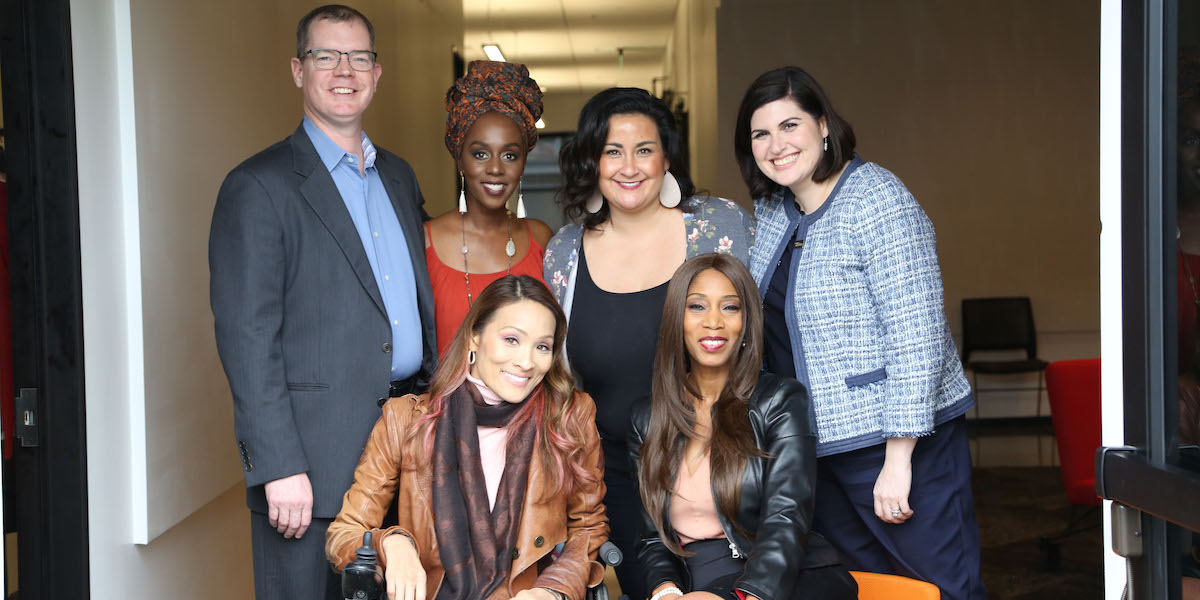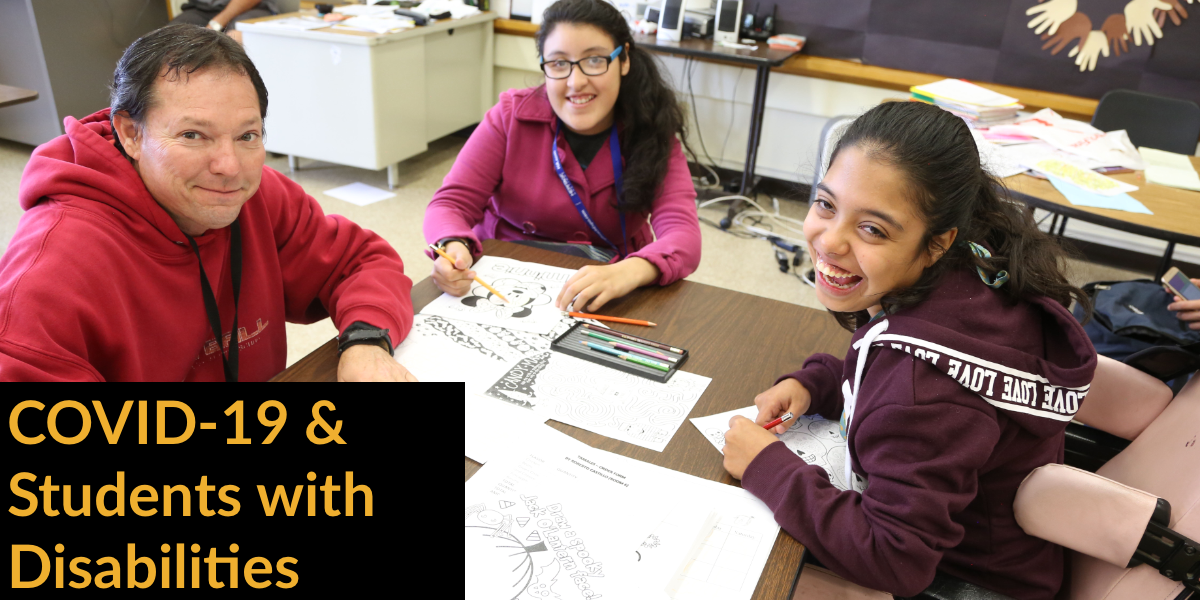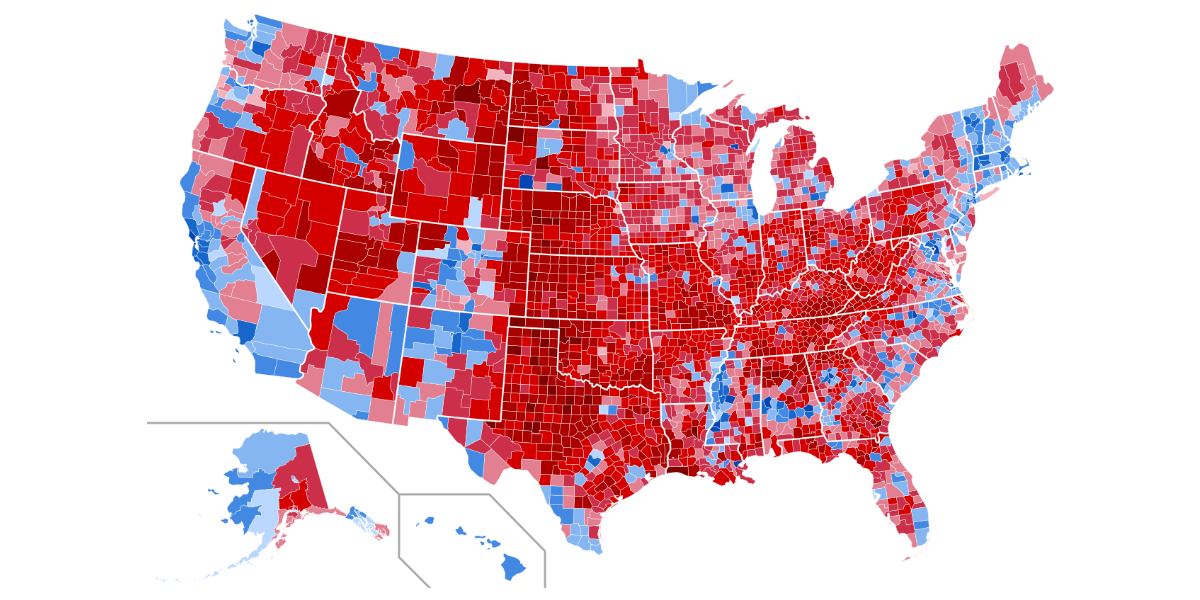Newark, N.J., July 9 – Last month, Governor Phil Murphy (D-NJ) signed Senate Bill 3434 into law after five months of delays. This piece of legislation extends the length of educational and transitional services for eligible students with disabilities, who are slated to age out of the academic system at the age of 21. In New Jersey, the length of service extension is approximately one year.
How many students will benefit from this new law?
According to the Disability Compendium Annual Statistics, there are 220,362 students with disabilities served under the Individuals with Disabilities Education Act (IDEA) in New Jersey public schools. Percentage wise, this represents 12.6 percent of all students in New Jersey’s K-12 schools. This might seem like a small percentage; however, every student served deserves an equal right to access resources that they need.

